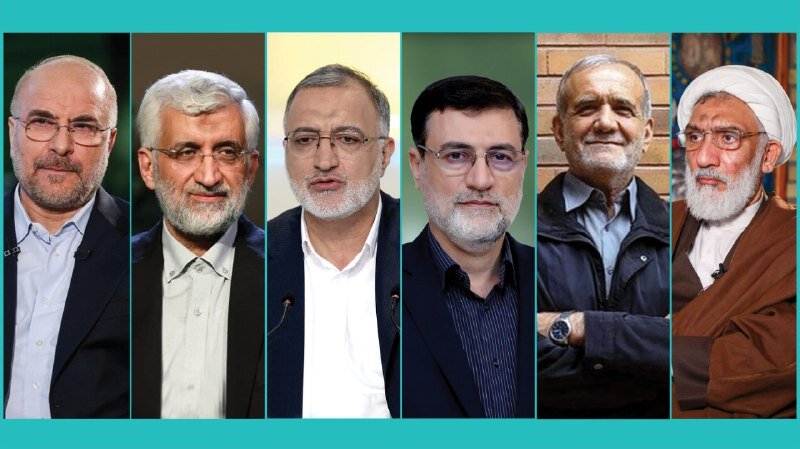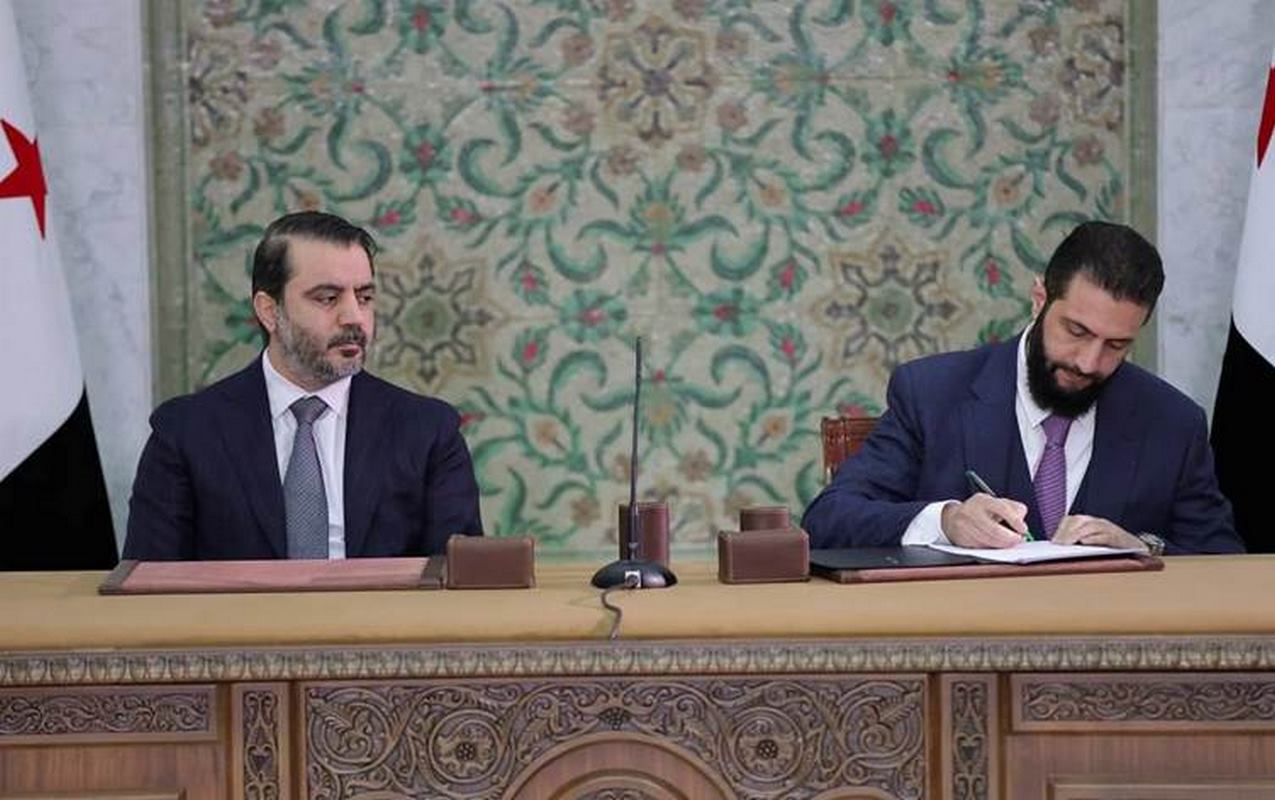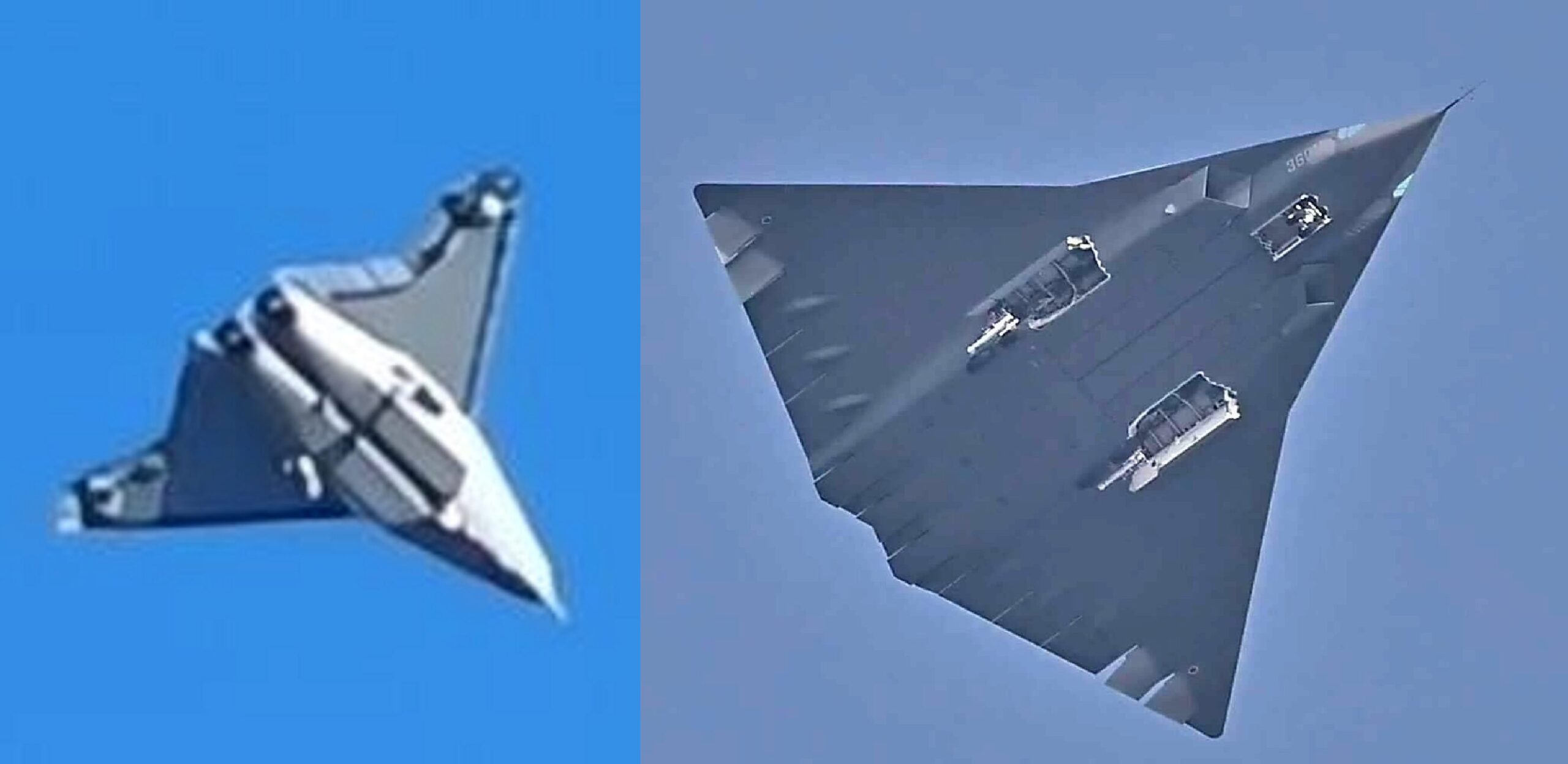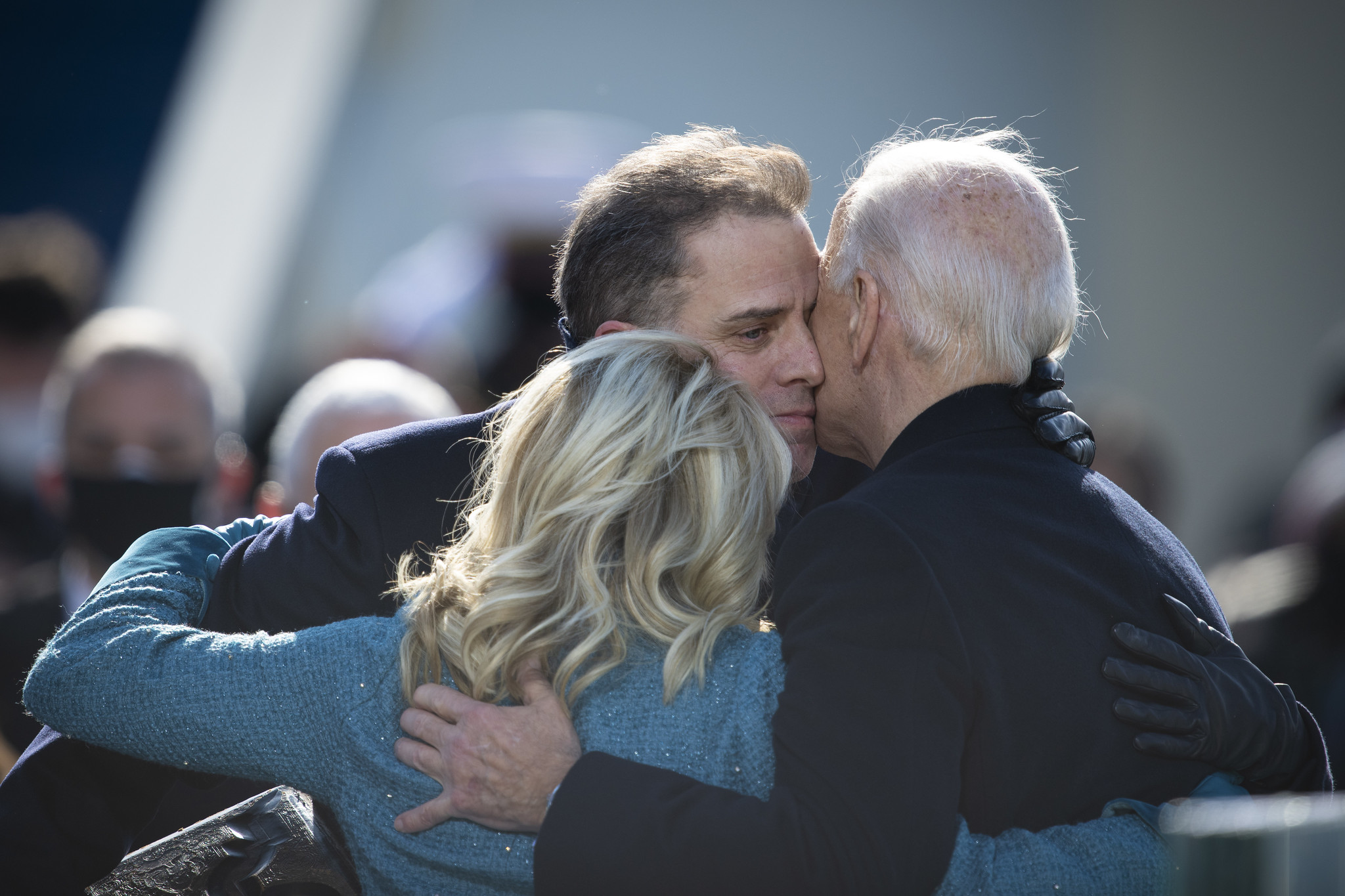The presidential elections set to take place in Iran on June 28th as part of the year-long democracy marathon that is and has been 2024 has seen the surprise inclusion of a moderate reformer on the list of approved candidates released by the theocratic Guardian Council.
The Council, which reviews the piety and compatibility of candidates with the goals of the Islamic Revolution, whittled down a list of 80 cadidates to just 6 men—five of which, write Iranian political scholar/reporter Muhammad Sahimi, are hardliners.
These include the cleric Mostafa Pourmohammadi, who was part of the so-called “death committee” that saw the execution of 4,000 political prisoners in the wake of the 1981 Revolution, and Saeed Jalili, Iran’s former chief nuclear negotiator and secretary-general of Iran’s Supreme National Security Council who was roundly blamed for the International Atomic Energy Agency issuing the report that led to UN sanctions, and harsher American ones, on the country’s nuclear energy program.
The surprise inclusion, as Sahimi describes him, is Masoud Pezeshkian, a 70-year-old MD and cardiologist who was a cabinet member of the famous reformer president Seyyed Mohammad Khatami, who held office between 2001 and 2005. Tehran Times reports that since being chosen by the Guardian Council, Pezeshkian, who the Times claimed garnered the most attention during a scrum of media interviews on Tuesday, pledged to reappoint Mohammad Javad Zarif, former Iranian foreign minister under President Rouhani. These two moderates negotiated the JCPOA with Barak Obama but then had the unenviable ambition of trying to renegotiate it with the then-political newcomer Donald J. Trump.
Pezeshkian also received the endorsement of Rouhani’s vice-president Is’haq Jahangiri, who described the cardiologist and presidential hopeful as “the epitome of sincerity, assertiveness, courage, and moral living”.
The approval of a moderate on the Guardian Council’s list came two days after the release of an open letter entitled “Election Manifesto of 151 People Concerned About Development and Democracy in Iran,” which, while taking pains to avoid stepping on any toes in a major way, encouraged all citizens to vote and participate in reformist activism.
In the letter, the signatories claim that low voter turnout has long been the weapon of the hardliners—something which Sahimi explains. In each of the last 5 elections where voter turnout was 50% or under, the conservative, hawkish, fundamentalists, have won the presidency. Ironically, this is down to the ‘grey strata’—a term for the disillusioned base who tend not to vote as a protest. In two of the last 5 where voter turnout was close to or above 60%, each saw a moderate elected: Seyyed Mohammad Khatami in 2001, and Hassan Rouhani in 2013.
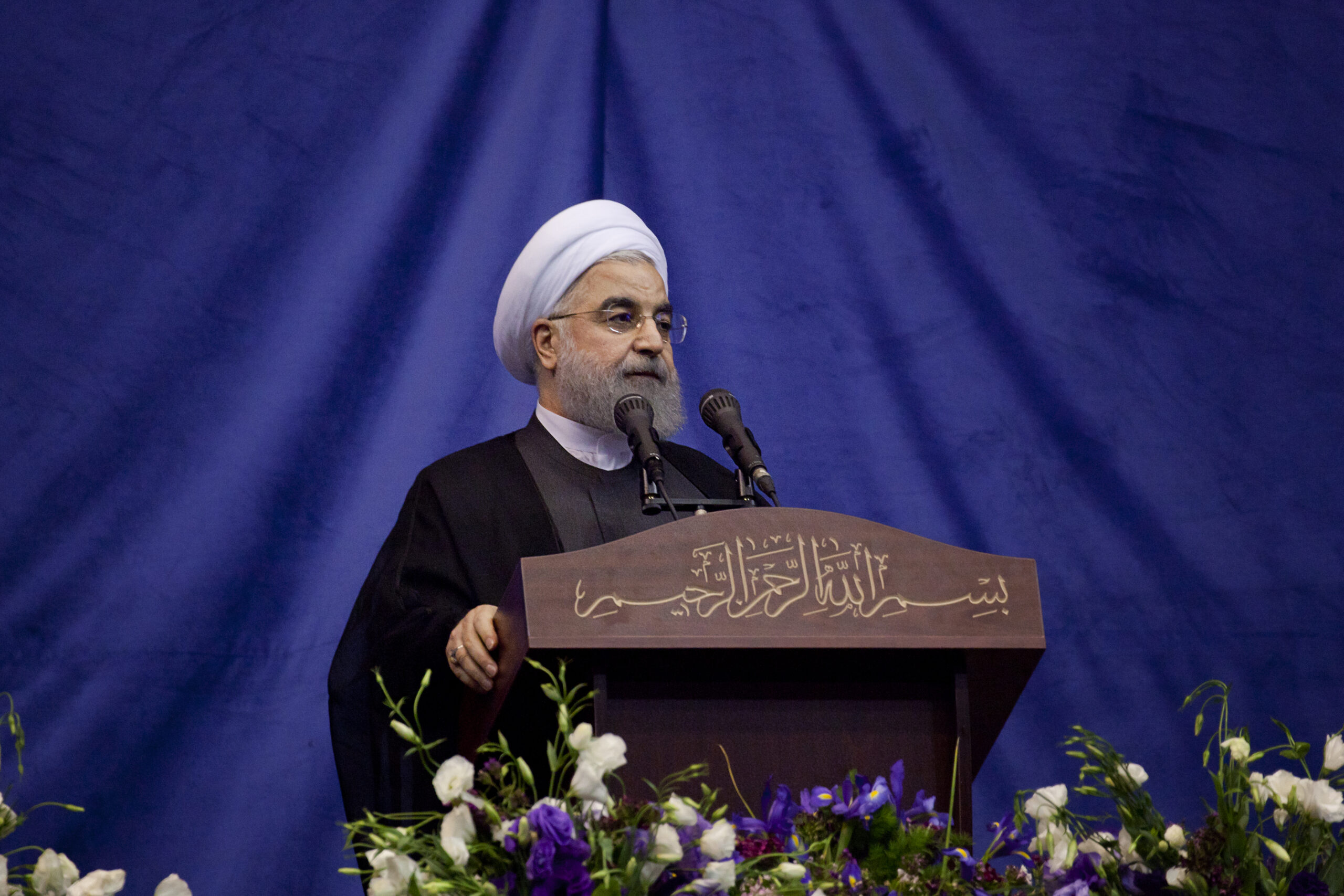
The pluralistic citizens
“Foreign sanctions, polarization, and the politics of threats and conflict on both sides of the political spectrum have put a heavy strain on the normal life of Iranians,” the authors write in their letter, translated into English. “Their lives are sacrificed in the midst of the two extremes of political oppression and elimination. ‘Economic sanctions’ on the one hand, and ‘purifications’ that reduce political participation on the other”.
These two forces, they suggest, act like the blades of a scissors to cut off the willingness of a large group of people to participate in the elections. They go on to elaborate why political participation, pluralism, and reformation is not only the best solution to the problems that grip Iran domestically, but necessary for her security—an ever present spectre in political discussions.
“A meaningful increase in participation in the elections sends a message to the Iranian society and the international community—of political stability, authority ,and national cohesion, greatly reduces the hope of overthrowing and threatening the security of Iran among the subversives and anti-Iranians, relieves Iran of the current bad balance and precarious situation that has put many forces and powers in the interest of weakening Iran, and moves it towards a new balance that will take place at home and abroad,” declare the authors, who happen to count Foreign Minister Zarif among them.
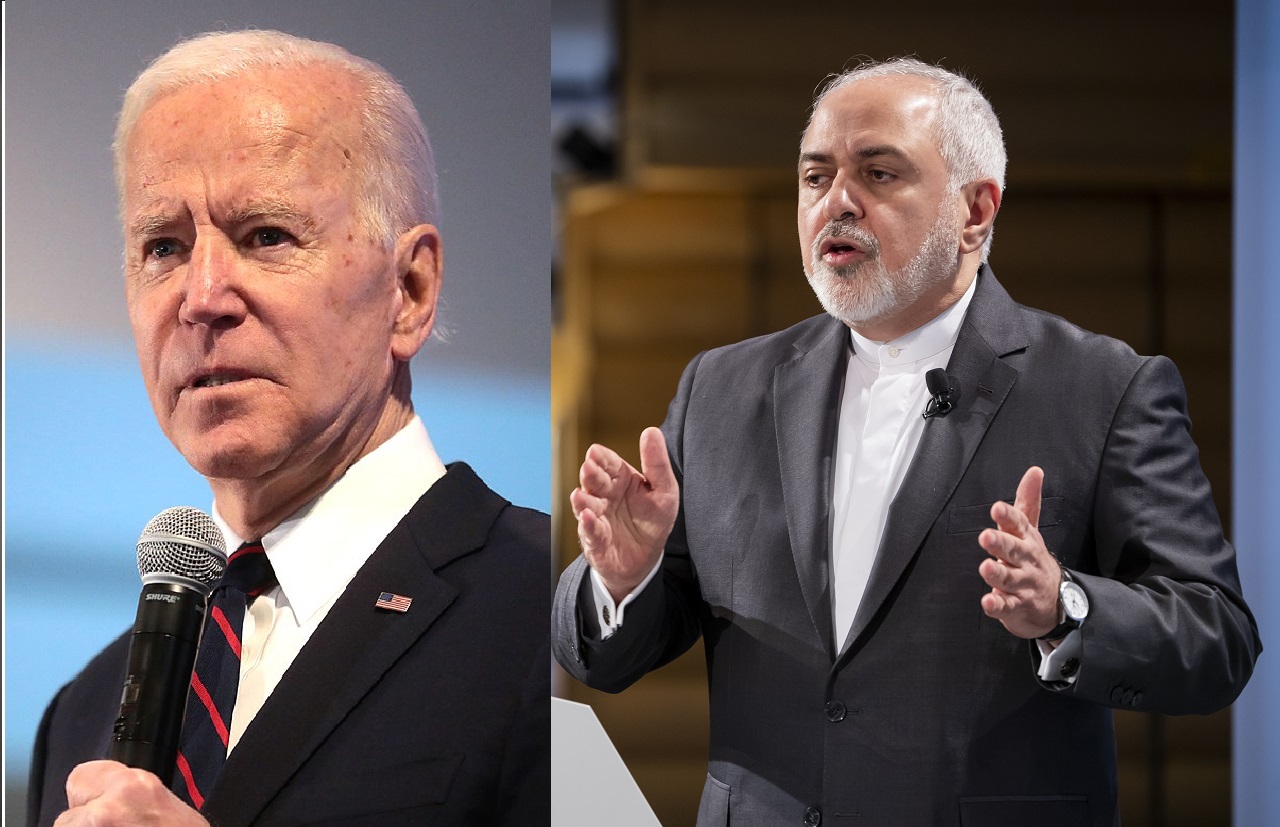
“It adds to the number of beneficiaries of Iran’s security and growth. This higher turnout requires more competition and the presence of capable candidates to represent pluralistic citizens”.
Whether that capable candidate is Pezeshkian remains to be seen. Mr. Sahimi, writing in Responsible Statecraft, details that the conservatives seen as the frontrunners in the election have all been embroiled in corruption scandals, offering a potential inroad for the moderate Pezeshkian.
“There is no question that a very large majority of Iranian people do not support the ruling hardline elite,” wrote Sahimi. “They are rightly angry over deep economic corruption, suffocating social restrictions, and political repression. They demonstrated their anger by largely staying home in the last three national elections for the [parliament] and presidency”.
During the last elections in Iran, when Ebrahim Raisi was elected, WaL reported that both the US and Iranian hardline elites seemed to favor a hardline conservative. It was easier then for the GOP to portray the Iranians as they always had done—fundamental Islamists who couldn’t be reasoned with. Having a moderate president—a doctor who spoke out against the regime when Mahsa Amini, the young woman whose death in the custody of the security forces sparked widespread demonstrations in Iran in September of 2022—makes it difficult to portray them as part of the Axis of Evil.
In a coincidence unlikely to be smiled at, Trump has a very good opportunity to return to the White House, meaning the pluralistic citizens of Iran may end up missing the chance to negotiate with the Biden Administration—staffed as it is with several people including Biden who negotiated to Iranian nuclear deal. WaL
We Humbly Ask For Your Support—Follow the link here to see all the ways, monetary and non-monetary.
PICTURED ABOVE: The six approved candidates for the Iranian Presidency, with moderate Pezeshkian seen second from right. PC: graphic retrieved from Tehran Times.
